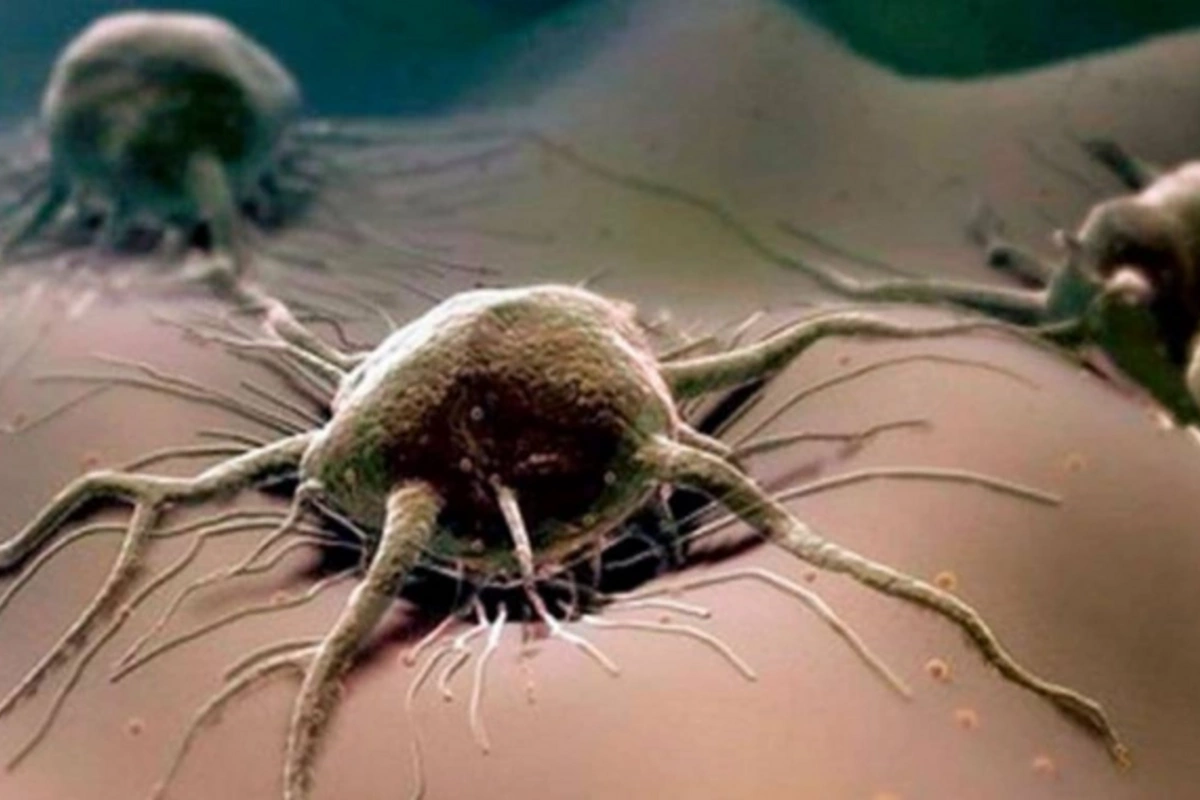02 Jun , 20:13
0

ALARMING STATISTICS: MORTALITY FROM "ALCOHOL-RELATED" CANCER HAS DOUBLED IN 30 YEARS
The number of deaths from oncological diseases associated with alcohol consumption has shown a dramatic increase over the past three decades. Researchers from the Sylvester Comprehensive Cancer Center at the University of Miami came to this alarming conclusion. Their large-scale study, which became the first such analysis at the national level in the USA, was published in the authoritative scientific journal Journal of Clinical Oncology.
Scientists conducted an in-depth analysis of data from the global disease database, focusing on types of cancer with proven links to alcohol: breast, liver, colon, throat, oral cavity, esophagus, and vocal cord cancers. The results are shocking: from 1990 to 2021, mortality from these forms of cancer in the United States nearly doubled — from 12,000 to 23,000 cases annually. Men over 55 proved to be a particularly vulnerable group, among whom there is an annual increase in mortality of more than 1%.
Paradoxically, despite convincing scientific evidence, public awareness of the problem remains surprisingly low. According to a 2019 survey, only 45% of Americans are aware of the connection between alcohol consumption and cancer development. For comparison: 89% of respondents know about the dangers of smoking. Meanwhile, the scale of the problem is colossal — alcohol annually causes about 100,000 new cases of oncological diseases and approximately 20,000 deaths, which exceeds the number of people killed in road accidents involving intoxicated drivers.
Researchers emphasize the critical importance of understanding the biological mechanisms of alcohol's effects on the body, including DNA damage and hormonal disorders. According to scientists, this knowledge can become the foundation for developing personalized preventive measures, where people with increased risk will be given individual recommendations on limiting or completely abstaining from alcoholic beverages.